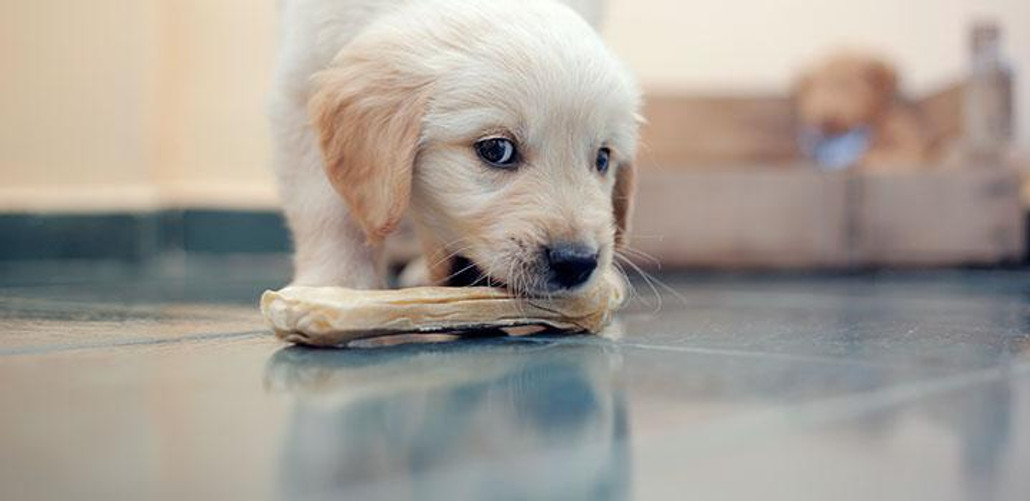
Rawhide Treats and Chews
Posted by Grange Co-op on 10th Aug 2015
 There has been much debate about the safety of rawhide chews. Providing good, safe, hard chews has several benefits: Besides preventing boredom and unwanted chewing of furniture, they prevent tartar build-up bad breath, gum infections and periodontal diseases that can later lead to heart and kidney infections. Generally the compressed rawhides are safer than the knot-tied or twisted stick varieties. Look for rawhides that appear to be large sheet pressed tightly together in a flat bone shape, or the kinds that have been chipped and then compressed.
There has been much debate about the safety of rawhide chews. Providing good, safe, hard chews has several benefits: Besides preventing boredom and unwanted chewing of furniture, they prevent tartar build-up bad breath, gum infections and periodontal diseases that can later lead to heart and kidney infections. Generally the compressed rawhides are safer than the knot-tied or twisted stick varieties. Look for rawhides that appear to be large sheet pressed tightly together in a flat bone shape, or the kinds that have been chipped and then compressed.
The danger comes when dogs soften up long strips of rawhide and then swallow them whole, which can lead to a blockage of the intestines. Using chews that come from tendons like beef straps, or pizzle sticks (also called bully sticks) offer the same benefits as rawhide but are less likely to be swallowed as whole pieces. Hoofs, ears, and pig snouts also encourage chewing without being easily consumed in long strips. If you would rather avoid rawhide altogether there are several dental bones made out of digestible materials like cheese casing and rice gluten. Even if the dog gets little pieces off and swallows them, they can be broken down in the digestive system and safely passed.
Grange Co-op carries Pedigree Dentabones, Greenies, Booda Velvets, and Nylabone's Healthy Edibles. These chews come in a variety of flavors, and are tightly compressed to offer the same benefits of rawhides without the risks.
